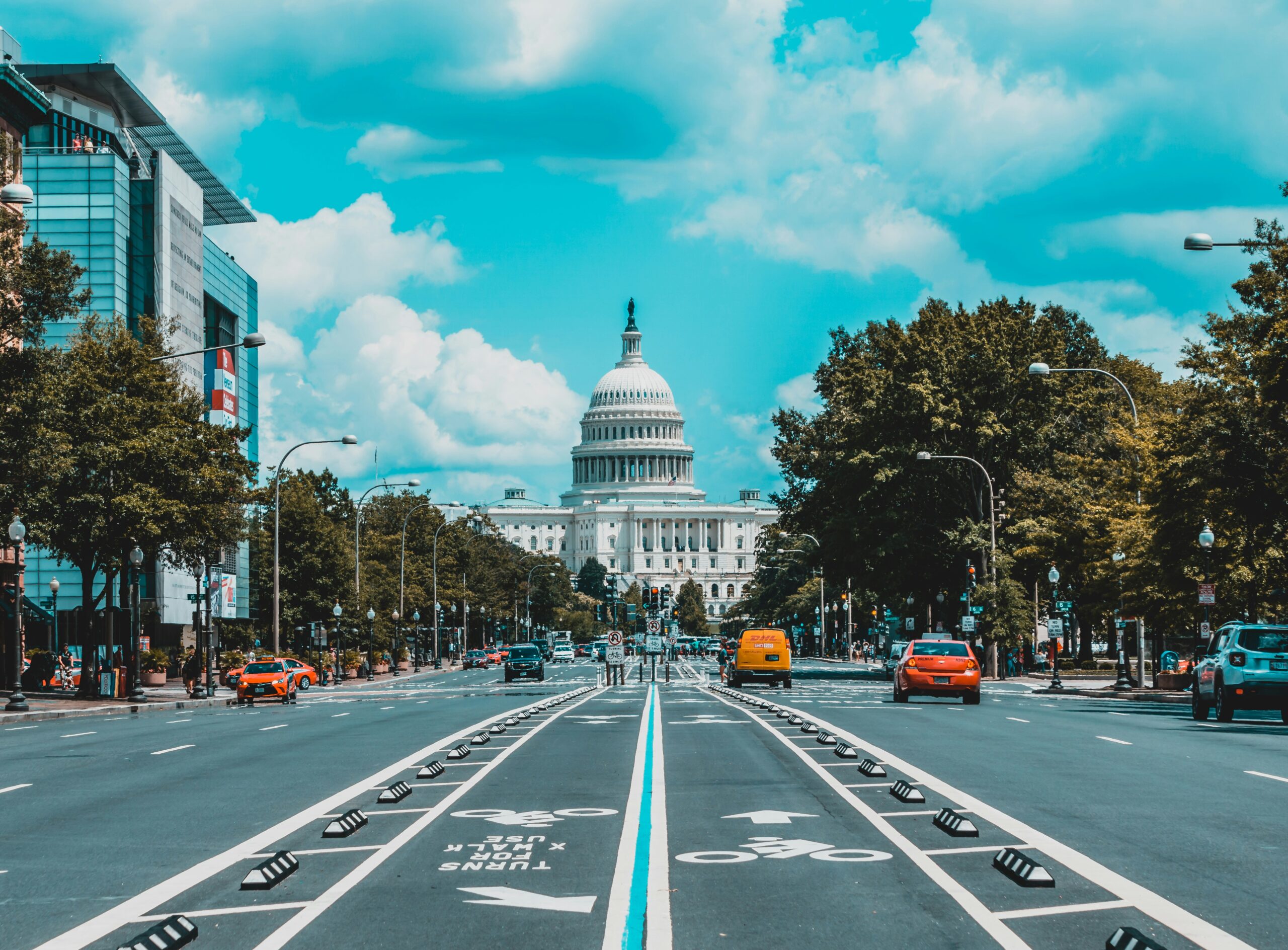When Congressman Rich McCormick walks through the halls of the U.S. Capitol, he carries more than just a voting card and a policy binder. He carries the weight of experience from combat zones to emergency rooms, from helicopter cockpits to hospital wards. It’s an unconventional résumé for a lawmaker, but McCormick sees every chapter as preparation for the mission he now leads: overhauling a healthcare system he calls a “$5 trillion crisis hiding in plain sight.”
Representing Georgia’s 6th District a region marked by deep ethnic and economic diversity McCormick sees his life experiences as providential. He studied at a historically Black college, taught at Morehouse, and served overseas in places like India and Korea. “This isn’t coincidence,” he says. “It’s preparation to serve a district and a country in need of real reform.”
For McCormick, the numbers speak volumes. Healthcare is now the largest single sector of the U.S. economy costing over $5 trillion annually and accounting for more than a quarter of federal spending. Yet despite the spending, the system remains inefficient, expensive, and unsustainable.
One major culprit, he argues, is the current Medicaid expansion model. By covering 90% of state costs, the federal government, in his view, encourages overspending and weakens fiscal discipline. “It’s a recipe for debt without accountability,” he warns. With the national debt nearing $37 trillion, McCormick sees healthcare reform not just as a policy goal, but as a national imperative.
He also targets the market distortions created by large insurers and pharmacy benefit managers (PBMs), who he says rake in profits while small medical practices struggle and patients are left with the bill. “The incentives are broken,” McCormick says. “The system rewards middlemen, not care.”
His proposed solutions are pragmatic and rooted in market principles. He advocates for ending anti-competitive “certificate of need” (CON) laws, enforcing billing site neutrality to prevent hospitals from charging more for the same procedures, and expanding Health Savings Accounts (HSAs) to give patients more control. “We use insurance for everything,” he notes. “That’s like using car insurance for oil changes, it drives up costs.”
McCormick’s healthcare views were sharpened during the COVID-19 pandemic, when he says government mandates often went too far. From lockdowns to vaccine rules, he believes the response sidelined personal freedom. “Even in crisis, individual rights matter,” he says. “We can protect public health without sacrificing liberty.”
Though still a freshman in Congress, McCormick is sounding the alarm with urgency. “This is our last chance,” he says. “We need leaders bold enough to fix a system that’s failing us all.”
Author: David From hosts the American Potential podcast. David serves as a Regional Vice President at Americans for Prosperity, a political advocacy and grassroots organization dedicated to advancing policies that expand freedom and opportunity. With extensive experience in advocacy and public policy, David is committed to highlighting stories of individuals and communities breaking barriers and creating positive change across the country.









